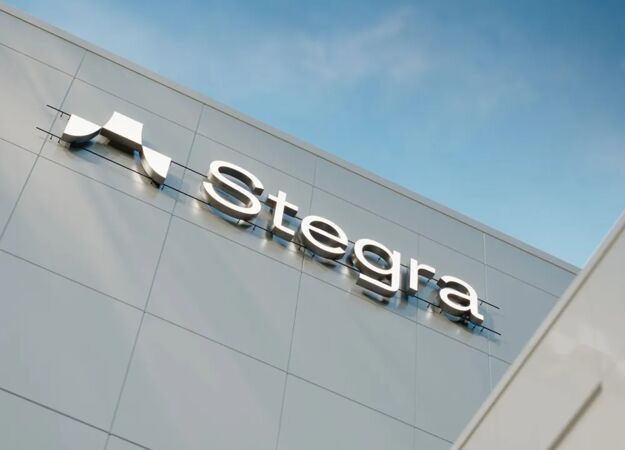H2 Green Steel, an industrial company focused on decarbonizing hard-to-abate industries, has announced a name change to Stegra. The company aims to reduce emissions by utilizing three core platforms: green hydrogen, green iron, and green steel.
Launched in 2021, H2 Green Steel set out to significantly reduce emissions in the steel industry and influence the broader industry to adopt faster decarbonization efforts. The company has secured €6.5 billion in funding and is advancing plans to build the world’s first large-scale green steel plant, with production expected to begin in 2026. This rebranding to Stegra marks the next phase in the company's growth.
According to CEO Henrik Henriksson, the new name represents the company's long-term ambitions: "As we continue this journey, we leave our more descriptive project name behind and take on the name Stegra, which reflects our long-term ambitions." The Swedish word "Stegra," meaning "to elevate," captures the company's mission to tackle difficult challenges and highlights its origins in Boden, Sweden.
Since its founding, the company's mission has evolved to become a leader in decarbonizing industries that are heavily reliant on fossil fuels, such as steel production. Stegra's work in the steel industry, powered by renewable electricity, is intended to showcase that significant emissions reductions are achievable.
Stegra's operations are centered on three platforms:
- Green hydrogen: Operating one of the world’s largest electrolyzers.
- Green iron: Using green hydrogen to replace coal and coke in steelmaking, which significantly reduces emissions by producing water instead of carbon dioxide.
- Green steel: A fully electrified, large-scale production facility designed to produce near-zero emissions steel.
As part of its long-term growth strategy, Stegra is exploring new projects beyond Sweden. These efforts focus on regions with strong renewable energy resources and grid infrastructure, where industrial partners seek to decarbonize their value chains. Potential locations for future projects include Portugal, Canada, and Brazil.
The project in Portugal is the most advanced, with land already reserved near Sines. Stegra has received notification of substantial power allocation for the site, and its local value chain partnerships continue to develop.

